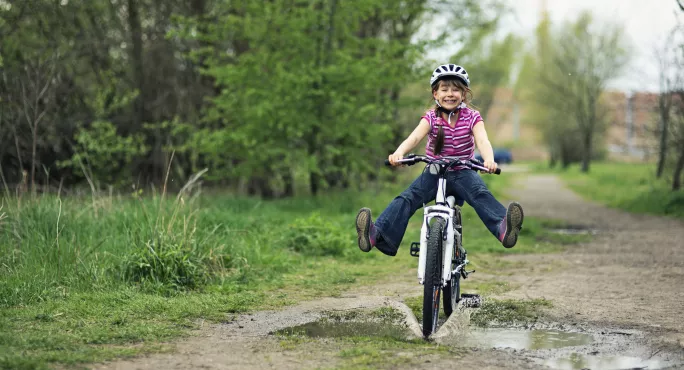
Why lockdown learning loss shouldn’t cloud the gains

We noted Ofsted chief Amanda Spielman’s remarks about the initial response of schools in England when Covid enforced closures in March 2020. While understanding that her remarks summed up a collection of experiences and perspectives, we are writing to offer an alternative narrative of how events unfolded.
In the second week of lockdown, a group of researchers at the University of Dundee School of Education and Social Work launched a research project aimed at capturing the lived experiences of teachers and headteachers in Scottish primary schools. Details about the research project and the ongoing dissemination of the results can be found here.
We would like to highlight some of the tensions and complexities of the individual teacher experiences - all of which contributed to their schools’ responses to closure.
Background: Food parcels were put ahead of education, says Spielman
Related: How a primary school helped to feed a community
Covid: Five findings on remote teaching in Covid lockdowns
Lockdown: Remote learning reports in Scotland
Also this week: Pupils have ‘huge’ knowledge gap after Covid, hear MSPs
It was remarkable to note how the absence of the school building enabled some teachers and headteachers to discover new possibilities in their teaching and ways of being with children.
Teachers reported reaching out to children and families in ways that had previously been unthought of. We heard reports of a widening of ideas of teaching and learning, with educators thinking again about the nature of education and revisiting the rationale of their judgements and actions.
Broader learning during Covid school closures
An example of this was a detailed explanation given by a teacher about how a child learning to ride a bike was the right educational experience at the time - the teacher had been giving online support to the family with this bike-riding task - with thought given to the impact of determination, resilience in the face of repeated attempts to maintain balance, and the child’s eventual achievement.
Schools did emphasise the importance of care, realising that meeting some families’ survival needs was a necessary response in the immediate present and also maintaining the sense of belonging to a catchment area - which is essential in a community. Providing food and other essentials enabled schools to maintain connections with families and allowed them to invest in the relationships that provided the foundation to the successful return to schools.
At the same time, teachers were fast engaging with and learning about digital software and juggling guidance from local authorities and their teachers’ unions about teaching new content or consolidating lessons taught prior to lockdown.
There was another complex factor in the teaching and learning relationship: the need for parents to support online learning. The teachers in our study reported concerns about the stress they might be adding to families with any additional expectations - this awareness was certainly brought home for those teachers who had their own children at home at the time.
The circumstances were very complex, and schools and teachers had to take on multiple roles and tasks, including: establishing online contact, making regular phone calls, being open to receiving emergency phone calls, delivering food and parcels to families, supporting children with additional support needs, and supporting hubs planning and delivering online learning.
This online learning was delivered in a responsive manner and with careful consideration of resources available to the families and the competing demands that parents were facing with their own professional tasks.
Although these are examples from Scotland, it is difficult to imagine that teachers in England did not undertake similar complex and multiple roles. We are keen not to further the discourse of “lost learning” as this does a disservice to our children’s ability to learn in diverse ways, and to our teachers and families’ abilities to support their learning.
We may yet even learn to appreciate what we learned about ourselves, our resilience and our communities as a result of this pandemic.
Dr Daniela Mercieca, Professor Divya Jindal-Snape and Dr Duncan Mercieca are academics at the University of Dundee’s School of Education
You need a Tes subscription to read this article
Subscribe now to read this article and get other subscriber-only content:
- Unlimited access to all Tes magazine content
- Exclusive subscriber-only stories
- Award-winning email newsletters
- Unlimited access to all Tes magazine content
- Exclusive subscriber-only stories
- Award-winning email newsletters
You need a subscription to read this article
Subscribe now to read this article and get other subscriber-only content, including:
- Unlimited access to all Tes magazine content
- Exclusive subscriber-only stories
- Award-winning email newsletters
- Unlimited access to all Tes magazine content
- Exclusive subscriber-only stories
- Award-winning email newsletters



